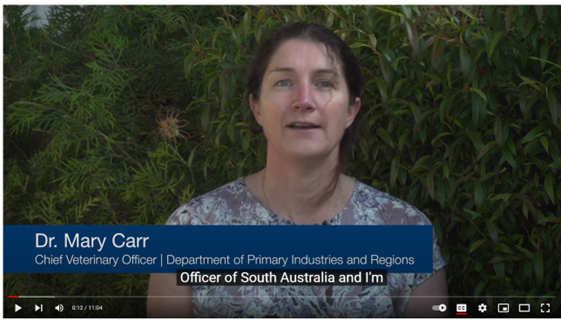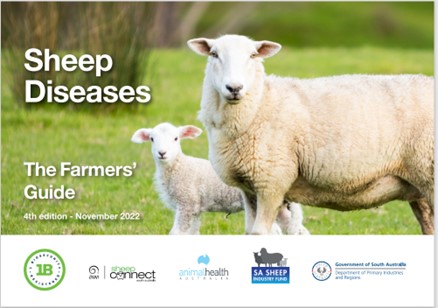
Are some of your management practices predisposing your sheep to respiratory diseases?
Do you know how to spot affected animals and strategies to reduce the risk?
Respiratory diseases of sheep are common and can result in pleurisy and pneumonia. These conditions can cause financial losses through deaths on farm, decreased growth rate and trimming and carcass downgrades at the abattoir. You can minimise the impact by keeping an eye for tell-tale signs of respiratory disease and modifying your management practices.
How do you know if you have a problem?
The severity of respiratory disease can vary. Often the first thing you may notice is the death of a few animals.
It can also present as:
- sheep coughing or with nasal discharge
- sheep lagging behind when moved
- sheep panting or with increased effort breathing
- a reduction in growth rate.
Reducing the risks
Sheep are more prone to pleurisy and pneumonia when placed under stressful conditions. Be aware of the management practices you can change to significantly reduce the impact of respiratory diseases in your flock.
- Reduce dust
- Avoid yarding sheep in hot or dusty conditions.
- If yarding, wet down dusty yards or laneways.
- Consult your nutritionist about additives in feed to reduce dust and avoid using dusty feed.
- Avoid laying feed directly on the ground - sheep are more likely to inhale dust while feeding.
- Handling and transport
- Practice low-stress handling. Muster sheep slowly and avoid using overly enthusiastic dogs.
- Avoid handling or transporting sheep in hot, dry conditions.
- Avoid long distance transport.
- Nutrition and health
- Ensure nutrition and access to water is adequate.
- Avoid sudden diet changes.
- Provide shelter from extreme weather conditions.
- Manage diseases and parasites to reduce stress on sheep’s immune system:
- check worm burdens with faecal egg counts
- vaccinate against important local diseases.
- Drenching technique
- Poor technique can result in liquid entering the lungs.
- Be careful not to lift animals head above horizontal.
- Do not drench in cradle.
- Avoid plunge dipping sheep that are overly thirsty or excessively tired.
- Biosecurity
- Be alert - introduced sheep could be carriers of respiratory pathogens new to your flock.
- Have an appropriate quarantine period, keeping a close watch on newly introduced animals.
- Avoid mixing flocks.
Following these preventative measures will help limit the risk and costs associated with respiratory diseases in your business. For more information on the impact of pleurisy and pneumonia in South Australia watch the video.


Useful resources on pleurisy and pneumonia

Return to News